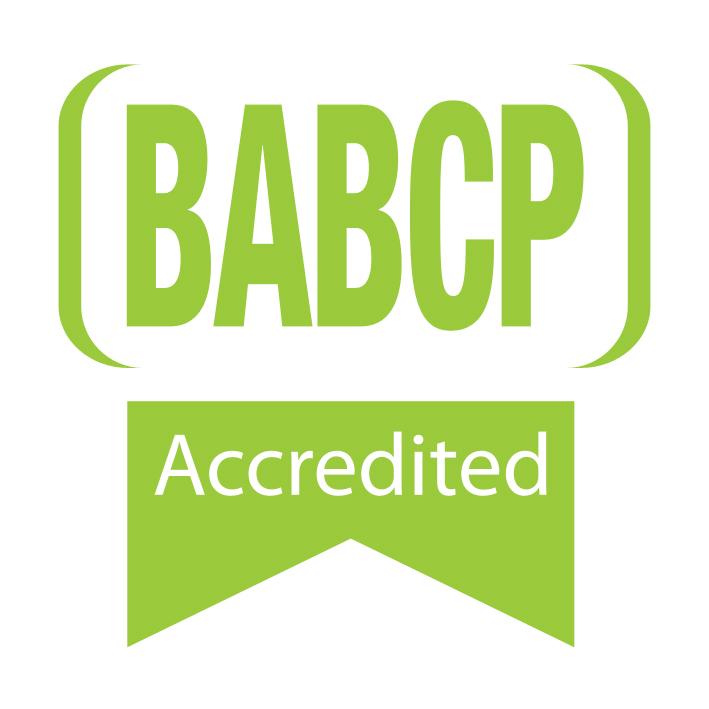Person - Centred Therapy
Person-centered therapy, pioneered by Carl Rogers, is a humanistic approach that prioritizes the client's subjective experience and innate potential for growth. In this nonjudgmental and empathetic environment, clients are encouraged to explore their thoughts and feelings freely, while the therapist provides unconditional positive regard and genuine empathy. Through this collaborative process, clients gain insight, self-awareness, and the tools to pursue personal growth and fulfillment autonomously.
In Person-Centered Therapy, the therapist adopts a non-directive stance, focusing on creating a supportive atmosphere where clients feel accepted, understood, and valued. The therapeutic relationship is central, with the therapist providing genuine empathy, unconditional positive regard, and congruence (authenticity).
Clients are encouraged to explore their thoughts, feelings, and experiences at their own pace, with the therapist serving as a compassionate facilitator rather than an authority figure. This approach empowers clients to tap into their inner resources, gain insight into their emotions and behaviors, and ultimately, work towards self-actualization and personal growth.
Person-Centered Therapy operates on the belief that individuals have an innate capacity for self-awareness, self-direction, and self-healing. By providing a safe and supportive space for clients to explore their inner world without fear of judgment or criticism, Person-Centered Therapy fosters a deeper understanding of oneself and promotes positive psychological change.







